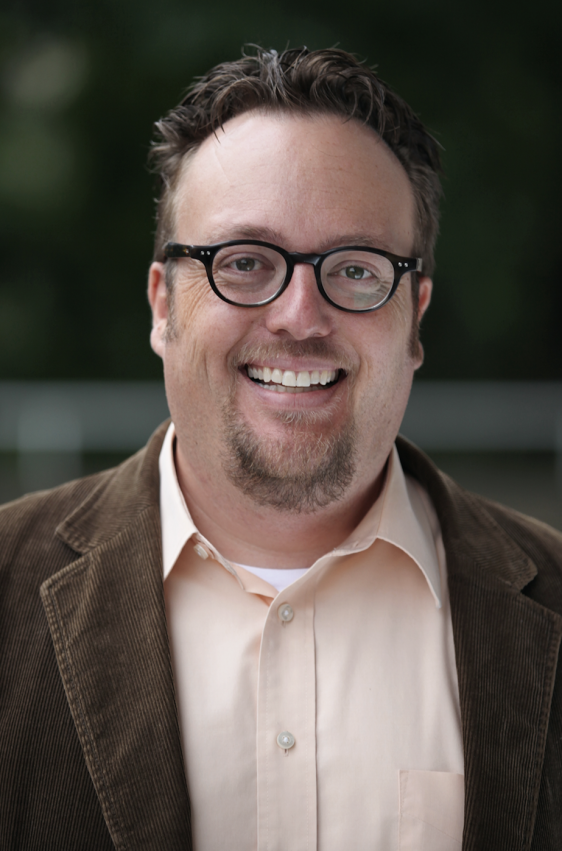William T. Evjue Distinguished Chair for the Wisconsin Idea
College of Letters & Science, School of Journalism and Mass Communication
Michael W. Wagner (Bachelor of Journalism, University of Nebraska; Ph.D., Indiana University) is William T. Evjue Distinguished Chair of the Wisconsin Idea and Professor of Journalism and Mass Communication at the University of Wisconsin-Madison where he directs the Center for Communication and Civic Renewal. His work, exploring how individual interactions in the information ecology affect what people believe, what they want, and what they do has been published in prestigious journals such as Science, Journal of Communication, the International Journal of Press/Politics and in books he has co-authored at Cambridge University Press, CQ Press, and Sage Press. He is Associate Editor of Public Opinion Quarterly, the Founding Editor of the Forum in Political Communication, a member of the General Social Survey’s Board of Advisors and a winner of five university-wide teaching awards.
Talks:
Information Diets and Democracy in Wisconsin
This talk examines where Wisconsinites get their information about politics and how the interaction of the news media diets, the people they talk to, and the social media they use relate to what they think is true, what they want from their government and how they engage in political participation. The talk also examines how people’s information diets are related to attitudes about democracy and the quality of democracy in Wisconsin. The talk relies on data gathered by the Center for Communication and Civic Renewal at UW-Madison, which Wagner directs. The CCCR conducts regular surveys of Wisconsinites, has done hundreds of individual and focus group interviews, content analyzed newspapers, television news, and social media posts, and integrates that data with contextual evidence (population and demographic information, employment data, health data, and so forth).
Deciding What's True in a Polarized Society
The talk reviews research on fake news, fact-checking, selective exposure to like-minded media outlets and describes the implications for democracy.
Beyond the Left-Right Divide: Partisan Polarization in American Politics
The talk describes how what we think of as the contemporary political divide in the United States is far more complicated than it appears in the typical “red state-blue state” coverage we see in the news media. While we tend to think of Americans being “liberal,” “moderate,” or “conservative,” American public opinion is primarily organized around two types of issues: economic and cultural. Things get complicated because some people have liberal views on both types of issues, some have conservative views on both types of issues and others have views that are liberal on some issues and conservative on others. The talk explains the far-reaching consequences of this insight from party identification, voting behavior, political participation, media use, the 2024 elections and the future of American political conflict.
